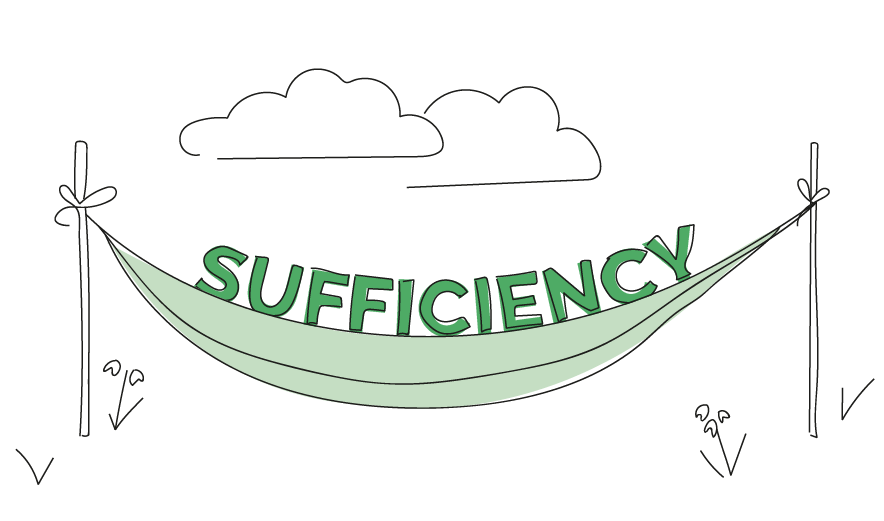More time and less stuff can increase well-being
Traditionally, measures for sustainable consumption have focused on efficiency and moving towards consumption of more sustainable goods. However, our research shows that there are other paths where sufficiency is in focus, which means reduced material consumption for people with relatively high incomes coupled with a reinterpretation of what we humans need for a good life. Our studies show that a reduced focus on consumption and material things and greater focus on social relationships can lead to increased well-being. One tool for promoting sufficiency is through shortening working hours.
Read more here:
Scientific publications:
Callmer, Å. and Bradley, K. (2021) In search of sufficiency politics: the case of Sweden. Sustainability: Science, Practice, Policy, 195-209.
–
Callmer, Å. (2021) Tillräcklighet – en väg för kommuner att minska sin miljö- och klimatpåverkan. Mistra Sustainable Consumption, policy brief 1:3. KTH
–
Callmer, Å. (2019). Making Sense of Sufficiency: Entries, Practices and Politics. Stockholm: KTH.
–
Larsson, J., Nässén, J., and Lundberg, E. (2019). Work-Time Reduction for Sustainable Lifestyles. In D. Fuchs, A. Hayden, and A. Kalfagianni, (Eds.), Handbook of Global Sustainability Governance (pp. 334-347). Routledge.
–
Persson, O. and Klintman, M. (2021). Framing Sufficiency: Strategies of Environmental Non-Governmental Organisations Towards Reduced Material Consumption. Journal of Consumer Culture, March 2021.
–
Persson, O., Larsson, J. & Nässén, J. (forthcoming) Working Less by Choice – What are the Benefits and Hardships?, Sustainablity: Science, Practice, Policy.
